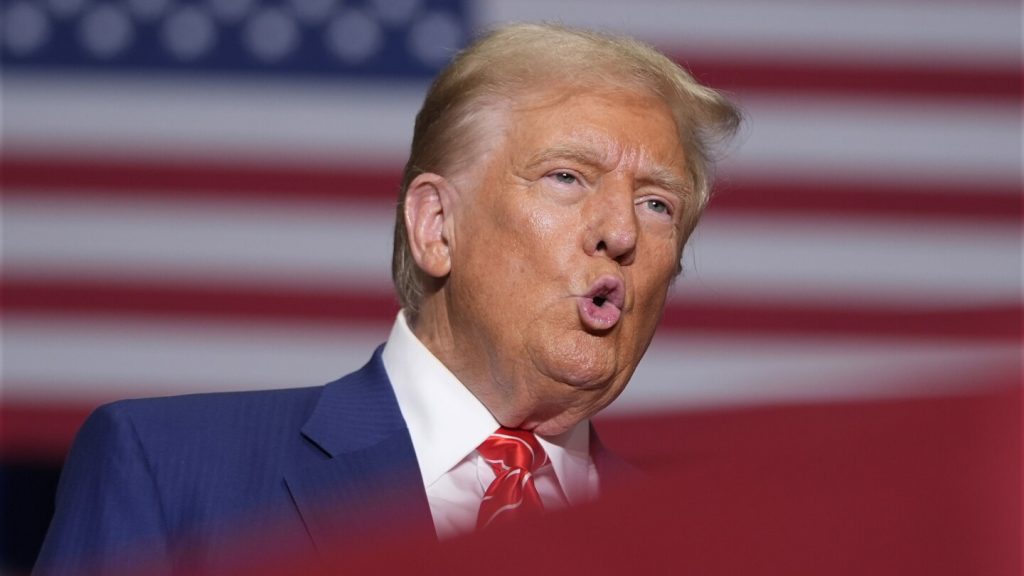Trump’s comments come as several Republican-led states have recently passed restrictive abortion laws, with the goal of overturning the landmark Roe v. Wade decision that legalized abortion nationwide. These laws, including the six-week ban in Florida, have faced legal challenges and sparked debates over reproductive rights and access to safe and legal abortion services. Supporters of these laws argue that they are necessary to protect the rights of unborn children, while opponents argue that they infringe on women’s reproductive freedoms and jeopardize their health.
The abortion issue is expected to be a key topic in the upcoming midterm elections, with both Republicans and Democrats seeking to rally their base and gain support from independent voters. Trump’s stance on abortion has evolved over the years, from previously supporting abortion rights to aligning himself with the anti-abortion movement. His comments on the Florida ballot measure reflect the complex and divisive nature of the abortion debate in the United States, with politicians and voters on both sides holding passionate and often conflicting views.
Critics of Trump’s position on abortion have accused him of pandering to his conservative base and using the issue for political gain. They argue that his comments betray a lack of empathy for women who may face difficult decisions about their pregnancies and the potential impact of restrictive abortion laws on their lives. Supporters of Trump, however, see his stance as a principled stand on a moral issue, reflecting his beliefs about the sanctity of life and the need to protect the rights of the unborn.
The Florida ballot measure represents a critical juncture in the ongoing debate over abortion rights in the United States. If passed, it would not only repeal the state’s six-week ban but also establish a legal framework for abortion based on fetal viability, a concept that has been central to the abortion debate for decades. The measure’s supporters argue that it would provide greater clarity and consistency in abortion laws, while opponents warn that it could lead to further restrictions on women’s access to reproductive health care services.
As Trump and other politicians weigh in on the Florida ballot measure and the broader abortion debate, the stakes for women’s reproductive rights and health remain high. The outcome of these legal and political battles will have far-reaching implications for women across the country, shaping the future of abortion access and the rights of pregnant individuals. With the midterm elections fast approaching, the debate over abortion is likely to intensify, as candidates and voters grapple with competing visions of reproductive freedom and the role of government in regulating abortion.


